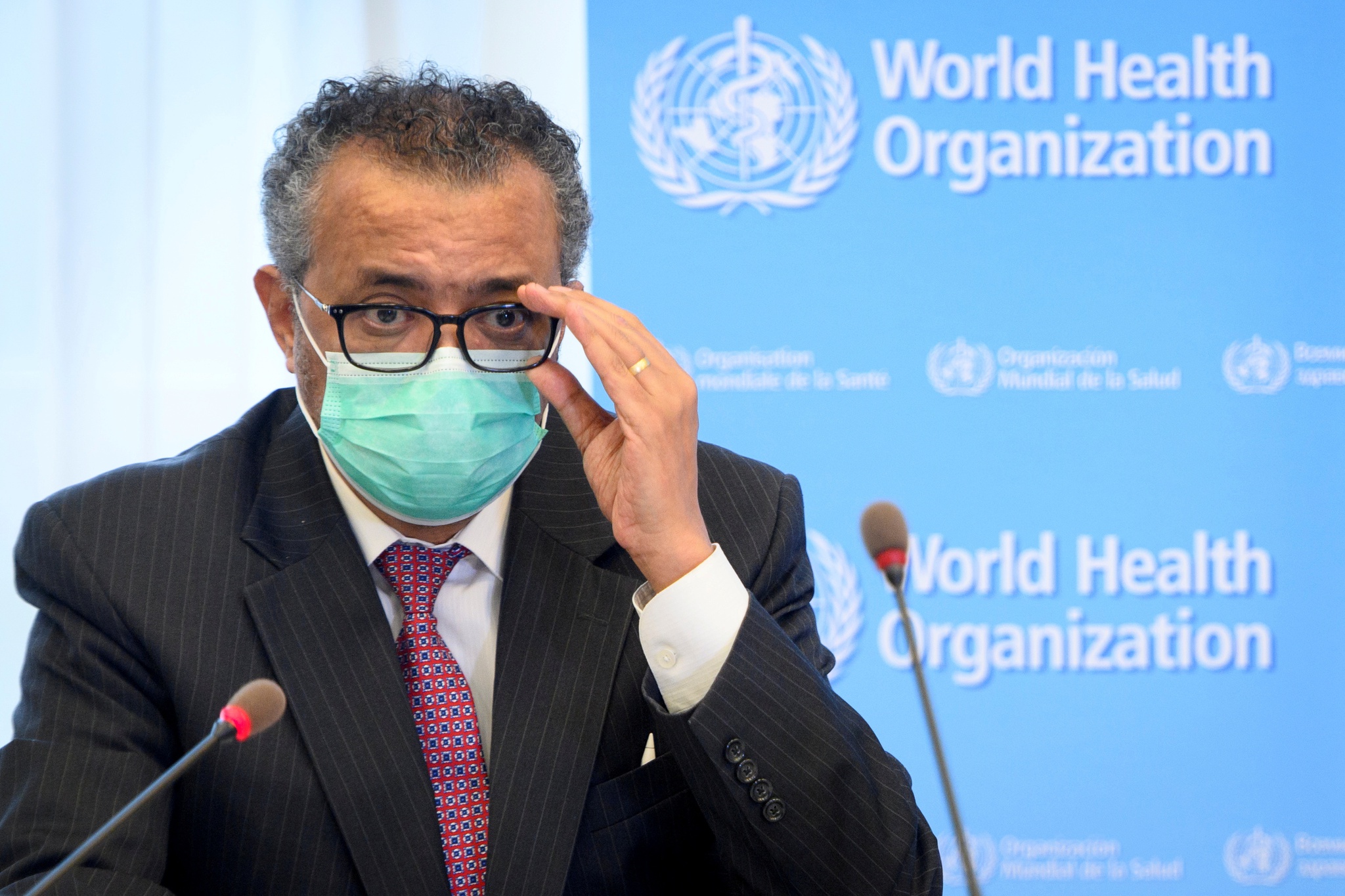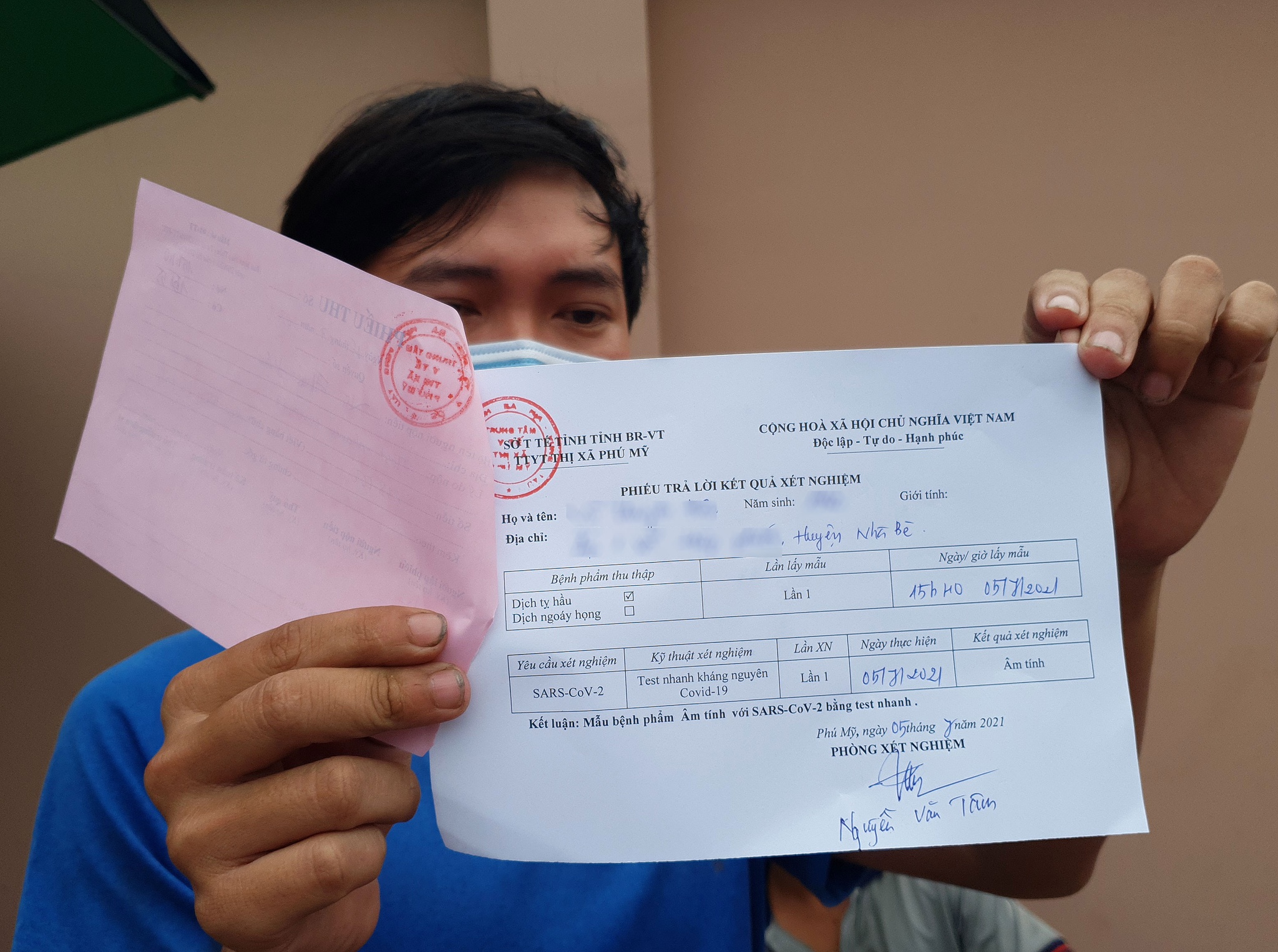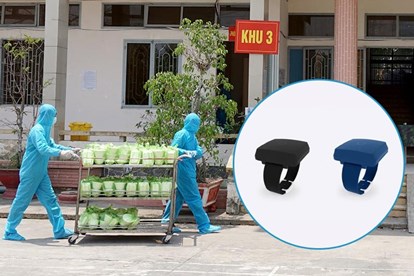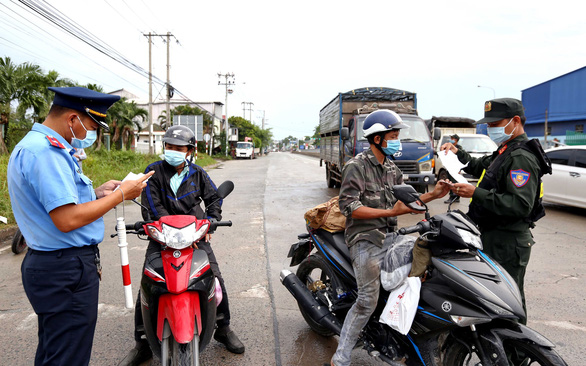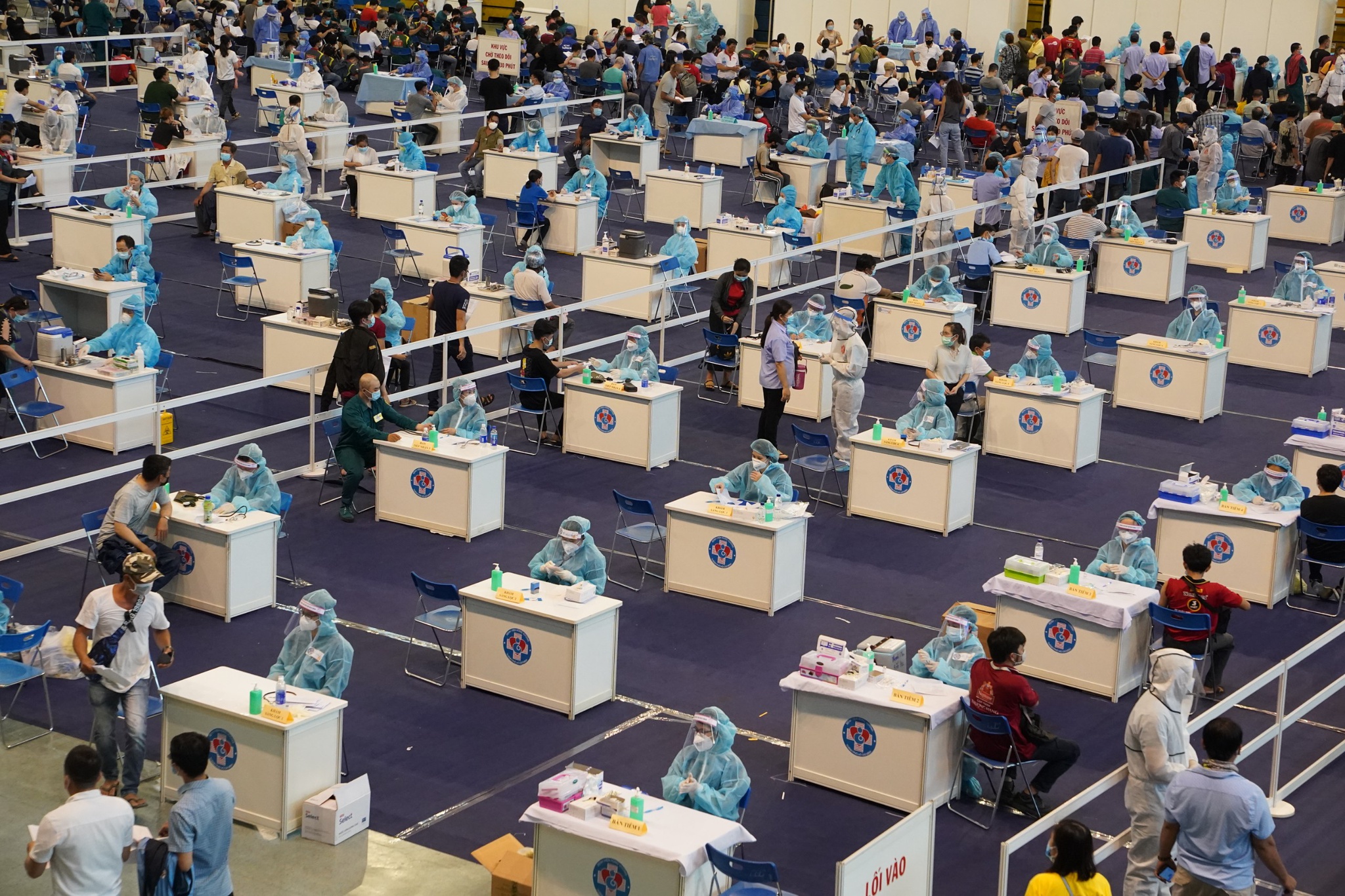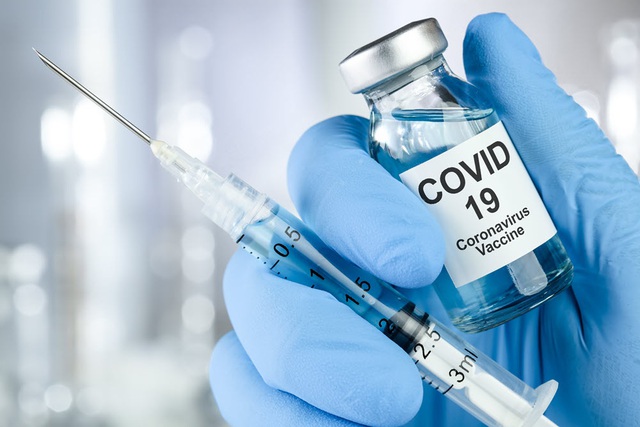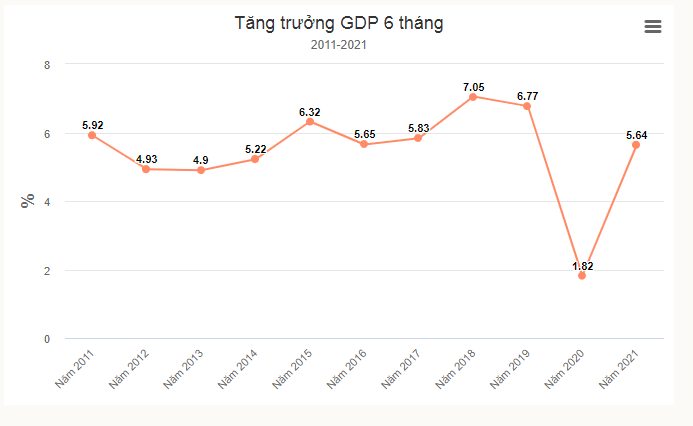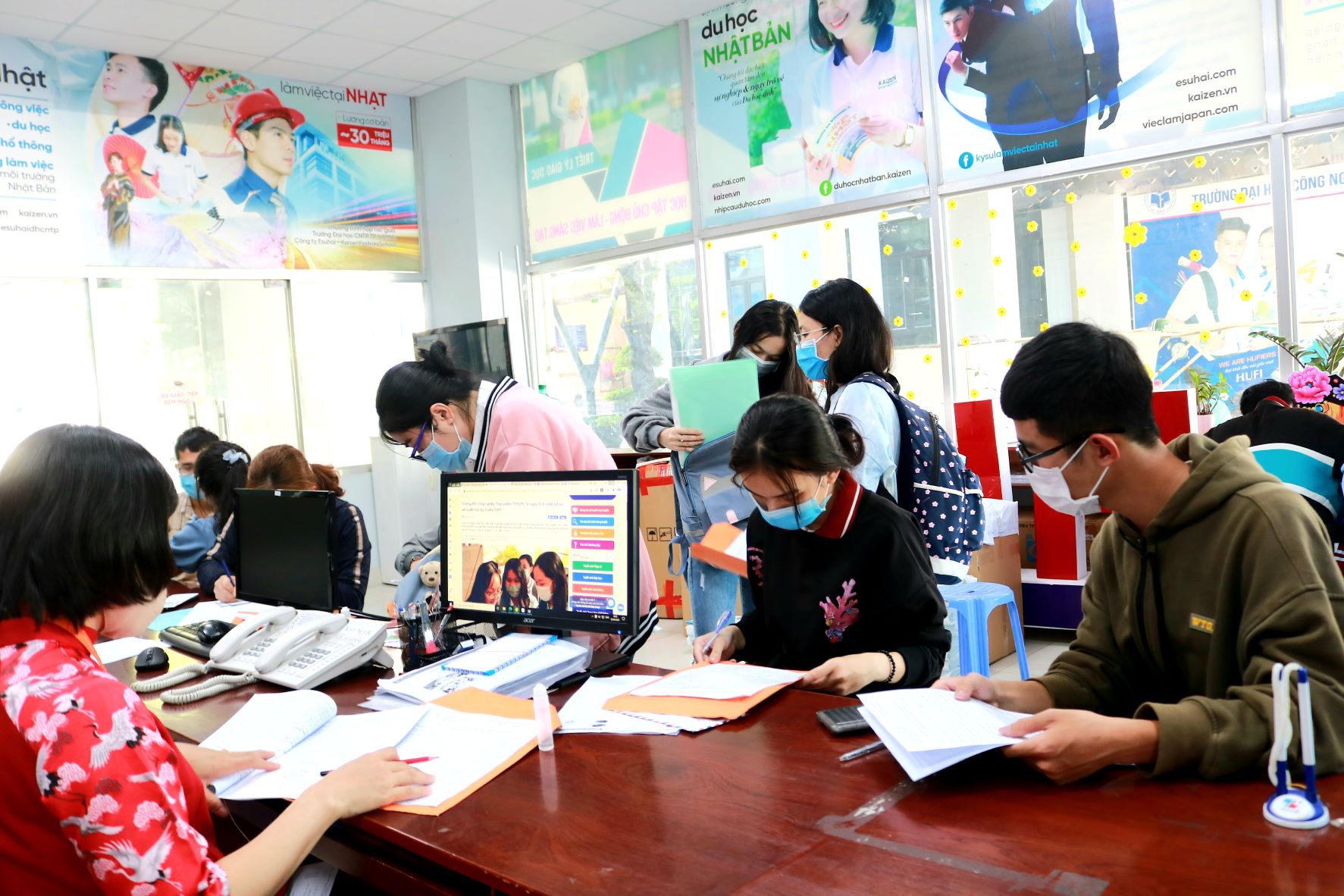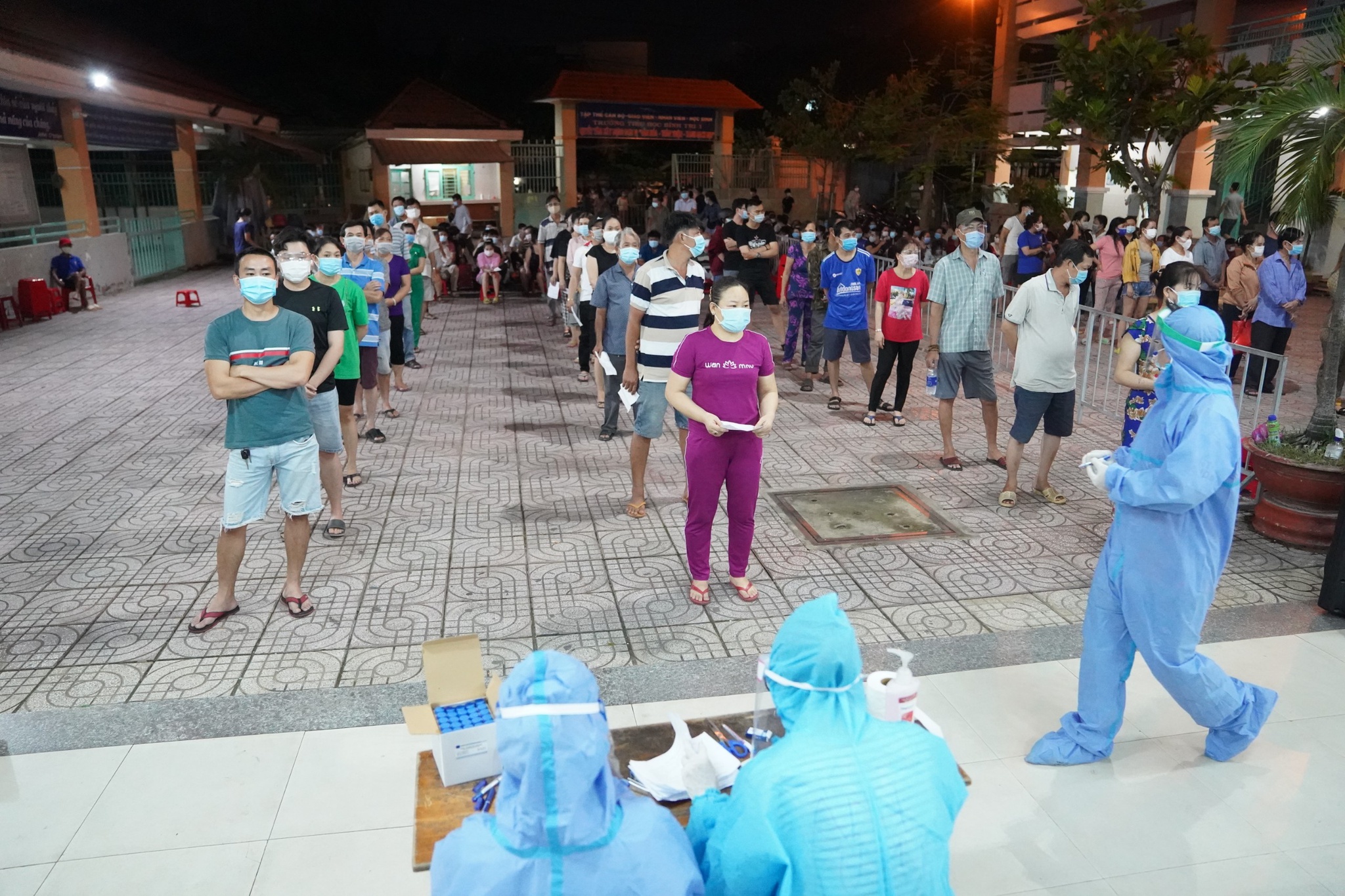THÔNG TIN SƯU TẦM

What is Long COVID and how do you treat it? Some people have symptoms long after clearing the coronavirus out of their system. Here's a look into the mystery of Long COVID.
Andriy Onufriyenko/Getty
COVID-19 is an unfair disease. Caused by the novel coronavirus, it has killed at least three million people worldwide, and more than half a million people just in the US. Although most people who are infected will develop mild or moderate symptoms -- or none at all -- scientists are now researching another way COVID-19 continues to stagger and show up, sometimes for months or even a year.
"Long COVID," also referred to as "Long-Haul COVID or Post-COVID syndrome" is a condition where a person continues to experience symptoms of COVID-19 after their body has cleared the virus. Long COVID is under the umbrella of Post-COVID conditions, which the CDC describes as "new, returning or ongoing health problems" caused by the disease more than a month after infection.
News of potential COVID "long-haulers" in the US has been circulating for more than a year, and experts are still working on collecting data to best assess who's at risk of developing the syndrome. Right now, research suggests even those who have mild cases of COVID-19 can develop Long COVID. One study found that 27% of patients with COVID-19 who hadn't been hospitalized had persisting symptoms, and another found that about 75% of patients who had been hospitalized developed Long COVID.
Below, we answer some of your questions about what to look out for if you continue to feel sick after coming down with the coronavirus.
What are the symptoms of Long COVID?
Yuichiro Chino/Getty
Common symptoms include most of the symptoms you'd expect with actual COVID-19. The CDC reports them as:
- Tiredness or fatigue
- Difficulty thinking or concentrating (sometimes referred to as "brain fog")
- Headache
- Loss of smell or taste
- Dizziness on standing
- Fast-beating or pounding heart (also known as heart palpitations)
- Chest pain
- Difficulty breathing or shortness of breath
- Cough
- Joint or muscle pain
- Depression or anxiety
- Fever
- Symptoms that get worse after physical or mental activities
Dr. Nasia Safdar, medical director of infection control at the University of Wisconsin, says that the key to discerning Long COVID is by paying attention to new symptoms that develop, or ones that never go away, after about 30 days post-infection.
"The most common ones that we're seeing are those that are dealing with what's called higher executive functions," Safdar says. "Concentration, memory, being able to do your job the way you could before."
A persistent feeling of brain fog might be hard to tie to COVID-19, especially after you've tested negative. But that's one of the most commonly reported symptoms in a long-haul case, according to Safdar, along with shortness of breath and fatigue.
"Those kinds of symptoms are hard for people to describe," she says, "but they've clearly noticed a change from the way they were before."
You should seek medical attention "certainly any time there's worsening of symptoms," Safdar says. It is also important to get evaluated if you cleared the virus, but are still having a hard time functioning the way you used to.
How common is Long COVID, and how long does it last?
Because COVID-19 is such a new disease, the lasting effects of the coronavirus are still being researched. Safdar says she's seen studies that suggest up to 40% of all people with COVID will have persisting symptoms, or as few as 10%, but that actual numbers likely vary depending on the population and who was in the study.
If you consider Long COVID only in cases where people develop new symptoms they didn't have before, for example, the percentage of people who have Long COVID is smaller, she says. If you include cases with both new symptoms and persisting symptoms, which is the CDC definition, the number of people affected by Long COVID is much higher.
"I think it's just reflective of the fact it's probably underdiagnosed, it's probably under-recognized, and the truth is probably somewhere between the 10% and 40%," Safdar says.
How long does the condition last? Safdar says there isn't enough information right now to say for certain, and that there will be a lot of "variation" in people's recoveries.
"We do know that as long as six months out, people still have symptoms," she says. "So it may take as much as a year -- hopefully not longer than that."
What causes Long COVID?
kimberrywood/Getty
Like everything else involving the coronavirus, research is underway. New information reported by Healthline suggests that there may be long-term changes in gene expression, and that the spike protein made when someone is infected with COVID-19 can affect healthy cells, causing lasting symptoms.
Other theories include inflammation of the immune system, decreased function of the immune system and post-traumatic stress from illness. Lasting symptoms may also be due to organ damage caused by COVID-19.
If I have Long COVID, does that mean I'm still contagious?
No. Once your body has cleared the virus and you test negative for COVID-19, you won't spread it. Long COVID is also a different condition than a longer-than-normal COVID-19 infection, where the virus is still active in a person and making them sick.
However, note that it's possible to get COVID-19 more than once, and testing negative doesn't mean you'll never test positive again.
Can Long COVID be treated?
Luis Alvarez/Getty
Safdar says that practicing standard healthy behaviors like eating nutritious foods, getting rest and avoiding substances like tobacco can reduce COVID-19 severity. But given that even people who had mild cases of COVID-19 can be long-haulers, there isn't a real answer right now.
One thing that might help a Long COVID case, Safdar says, is getting the vaccine. She says there have been recorded cases of people improving after getting vaccinated, and that the vaccine might be changing people's immune response and interfering with Long COVID symptoms. But, she says, "the mechanism is not clear."
What is clear is the importance of vaccines. "I think that would be an important message -- vaccination serves two purposes," Safdar says. "One, of course you want to get it before you have COVID so it protects you from it, but even in the people who have had the infection, anecdotally, it seems that vaccination helps with the symptoms of Long COVID."
Source: cnet.com
Collected by My Nguyen
Tổng giám đốc WHO: Chưa thể loại trừ khả năng Covid-19 rò rỉ...
Người đứng đầu Tổ chức Y tế Thế giới (WHO) ngày 15.7 cho biết vẫn còn quá...
Một tuần đi qua
Vậy là đã qua được một tuần cách ly toàn TP.HCM theo chỉ thị 16
Khổ vì giấy xét nghiệm Covid-19
Ngày 5.7, tại cuộc họp trực tuyến của Ban Chỉ đạo quốc gia phòng, chống...
TP.HCM đề xuất giám sát người cách ly tại nhà bằng thiết bị...
Sở Thông tin và truyền thông TP.HCM vừa có văn bản đề xuất UBND TP.HCM về...
Không 'đóng cửa' nhưng sẽ kiểm soát chặt chẽ người ra vào...
TP.HCM không đóng cửa hay phong tỏa nhưng sẽ kiểm soát chặt chẽ người ra vào...
TP.HCM: Chiến dịch tiêm 836.000 liều vắc xin Covid-19 kết thúc hôm...
Tính đến hết ngày 29.6, TP.HCM đã tiêm trên 805.000 liều vắc xin Covid-19 trong...
Tại sao 'gánh' dịch, kinh tế vẫn tăng trưởng gấp ba cùng kỳ
Con số GDP 6 tháng tăng 5,64% khiến giới phân tích bất ngờ bởi 2 quý vừa qua,...
Đề nghị Astra Zeneca chuyển cho Việt Nam 10 triệu liều vaccine
Lãnh đạo Chính phủ đề nghị Công ty AstraZeneca tạo mọi điều kiện thuận...
Dịch Covid-19 lan mạnh: Không thi mà xét tốt nghiệp, trường ĐH...
Trước những mong muốn của thí sinh, phụ huynh tổ chức xét tốt nghiệp thay vì...
Dịch vẫn lan nhanh, TP.HCM cần thêm 'thuốc mới'?
Số ca nhiễm tại TP.HCM vẫn tăng lên, ở mức 3 con số mỗi ngày, dù đa số ở...
Trưởng đại diện WHO tại Việt Nam: Người dân TP.HCM hãy tuân...
Theo TS Kidong Park, vai trò của vắc xin trong việc kiểm soát ổ dịch cấp tính còn...
344567942350826358571066.jpg&w=1400&h=520)
522608805487.jpg&w=1400&h=520)


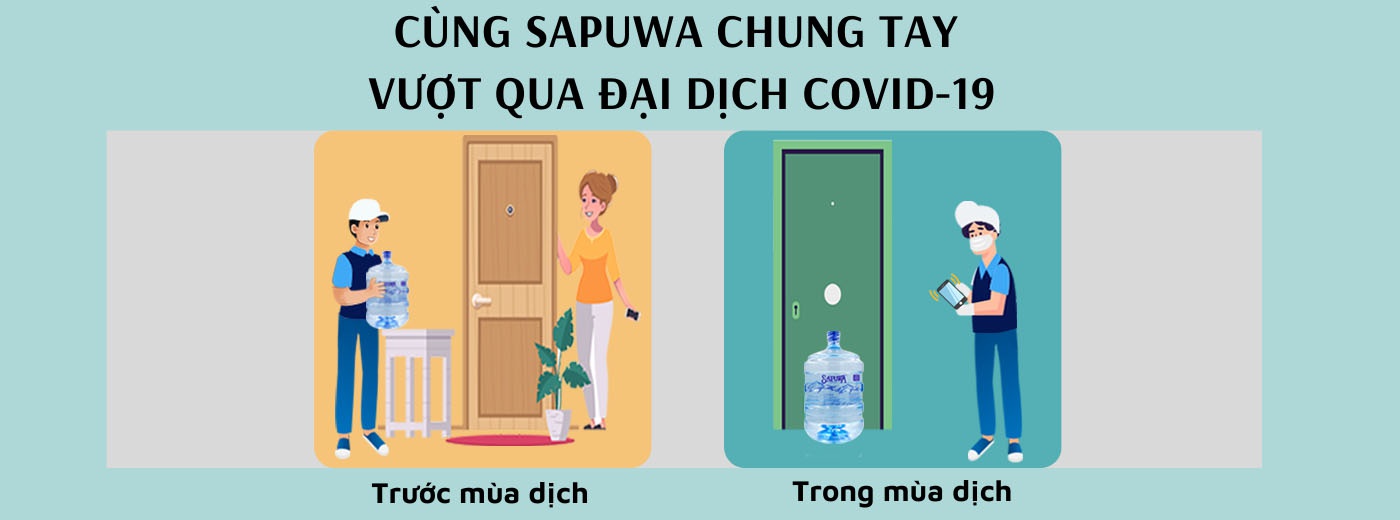
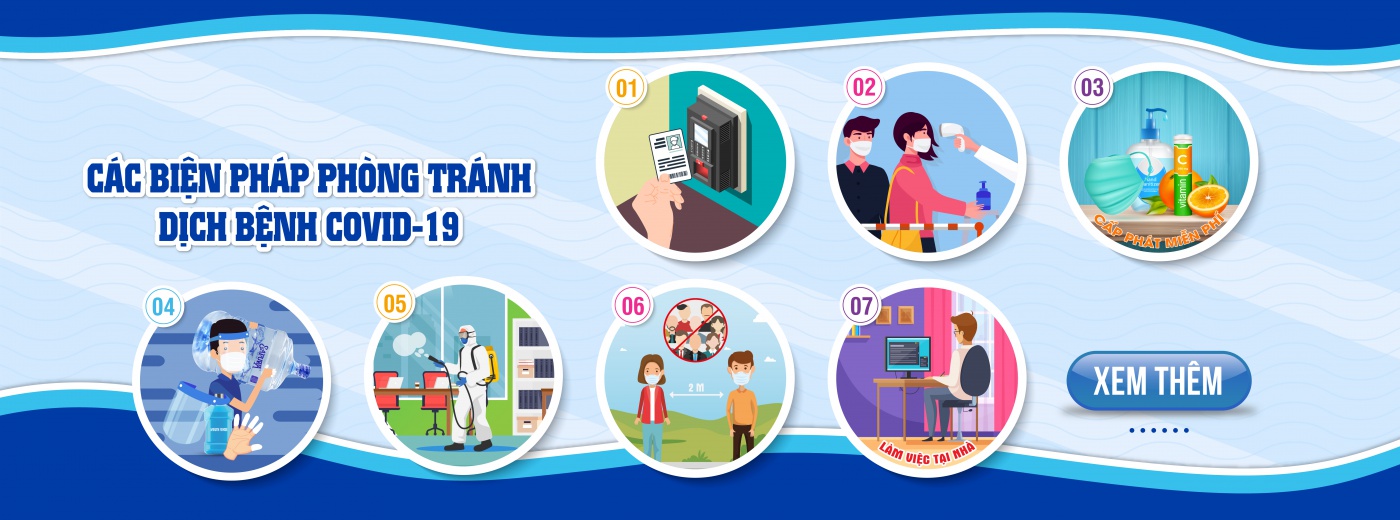
.PNG)
.PNG)
.PNG)
.PNG)
